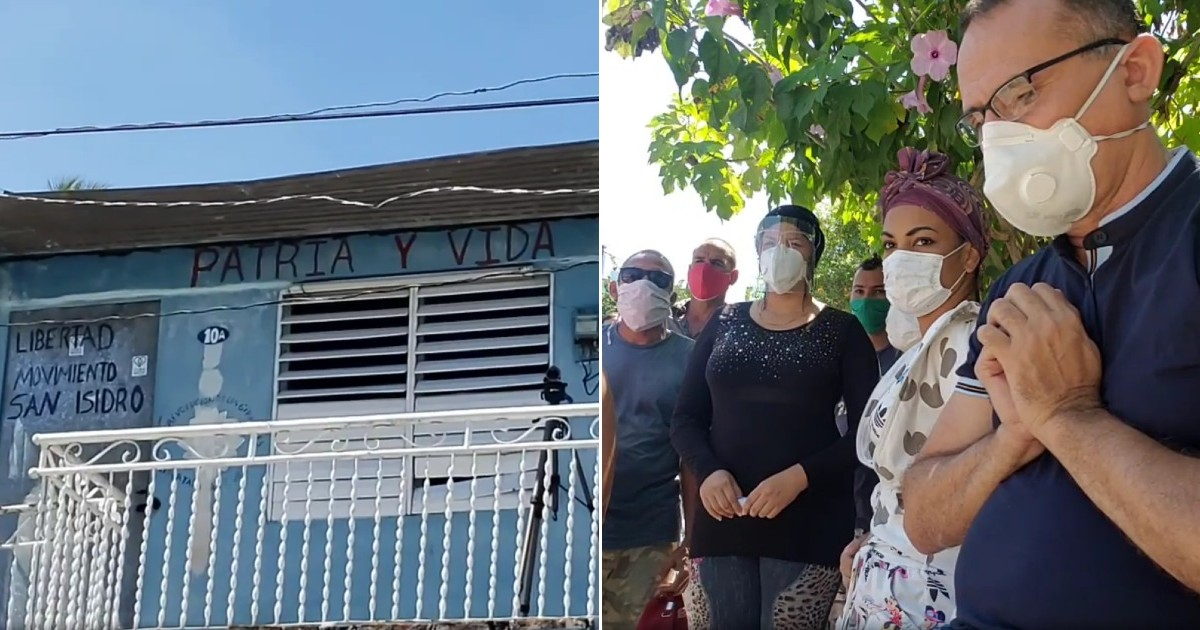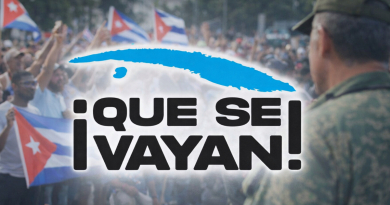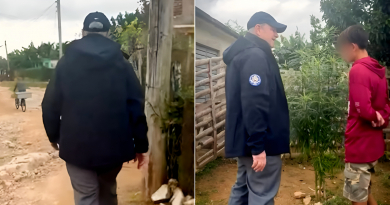
The Patriotic Union of Cuba (UNPACU) is a non-violent opposition organization in Cuba that brings together Cuban dissidents. It was established on August 24, 2011, by José Daniel Ferrer García after he was released from prison in March 2011 and refused to leave the country.
Despite having started with just twelve individuals, UNPACU now boasts over ten thousand affiliated activists and 122 cells. As of 2017, they reported that 53 of their activists were imprisoned in Cuba for political reasons.
UNPACU has representation in both the United States and the European Union
On the organization's website, it can be read: "UNPACU's activism is based on nonviolent resistance and disobedience, the same principle that has underpinned the so-called 'color revolutions,' whose axes of action were articulated by Gene Sharp."
Recognized by Amnesty International since its inception, this movement has denounced the harassment, intimidation, and detentions that its members have suffered at the hands of the Cuban authorities.
As part of its growth and consolidation, UNPACU absorbed in 2013 the peaceful dissident organization FANTU, led by the well-known dissident journalist Guillermo Fariñas.
Among its objectives, the organization actively denounces the lack of civil liberties as well as the precarious economic situation being experienced on the island.
In January 2012, one of its members, the Cuban dissident Wilman Villar Mendoza, 31 years old, died at the Juan Bruno Zayas hospital in Santiago de Cuba after a 50-day hunger strike he had begun while in prison after being sentenced for contempt to four years in prison for participating in a peaceful demonstration.

